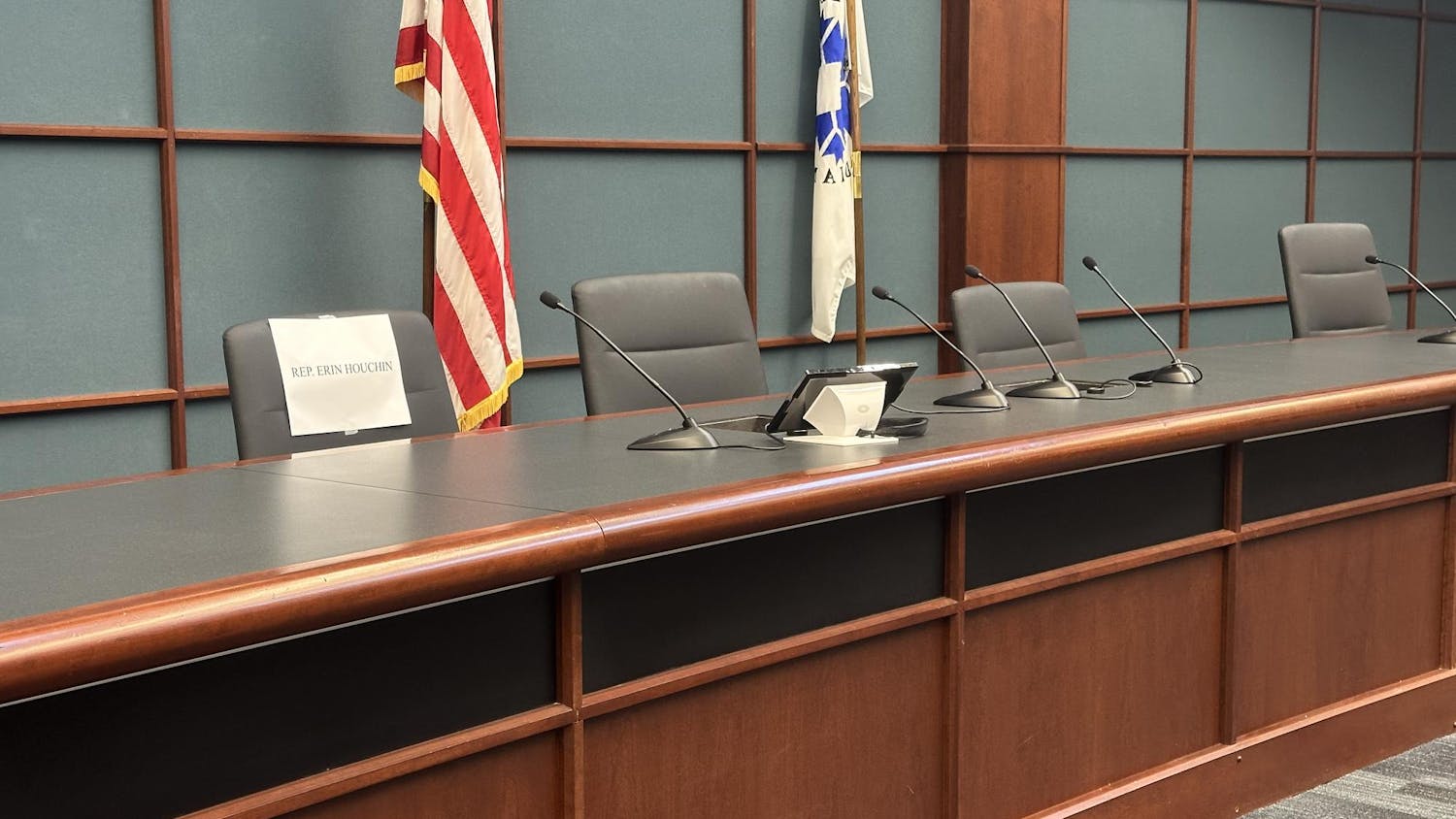WASHINGTON -- The Senate on Thursday endorsed President Bush's plans to prosecute and interrogate terror suspects, all but sealing congressional approval for legislation that Republicans intend to use on the campaign trail to assert their toughness on terrorism.\nThe 65-34 vote means the bill could reach the president's desk by week's end. The House passed nearly identical legislation on Wednesday and was expected to approve the Senate bill on Friday, sending it on to the White House.\nThe bill would create military commissions to prosecute terrorism suspects. It also would prohibit blatant abuses of detainees but grant the president flexibility to decide what interrogation techniques are legally permissible.\nThe White House and its supporters have called the measure crucial in the anti-terror fight, but some Democrats said it left the door open to abuse, violating the U.S. Constitution in the name of protecting Americans.\nSen. Lindsey Graham, R-S.C., who helped draft the legislation during negotiations with the White House, said the measure would set up a system for treating detainees that the nation could be proud of. He said the goal "is to render justice to the terrorists, even though they will not render justice to us."\nDemocrats said the Republicans' rush to muscle the measure through Congress was aimed at giving them something to tout during the campaign, in which control of the House and Senate are at stake. Election Day is Nov. 7.\n"There is no question that the rush to pass this bill _ which is the product of secret negotiations with the White House _ is about serving a political agenda," said Sen. Edward Kennedy, D-Mass.\nSenate approval was the latest step in the remarkable journey that Bush has taken in shaping how the United States treats the terrorism suspects it has been holding, some for almost five years.\nThe Supreme Court nullified Bush's initial system for trying detainees in June, and earlier this month a handful of maverick GOP senators embarrassed the president by forcing him to slightly tone down his next proposal. But they struck a deal last week, and the president and congressional Republicans are now claiming the episode as a victory.\nWhile Democrats warned the bill could open the way for abuse, Republicans said defeating the bill would put the country at risk of another terrorist attack.\n"We are not conducting a law enforcement operation against a check-writing scam or trying to foil a bank heist," said Sen. Mitch McConnell, R-Ky. "We are at war against extremists who want to kill our citizens."\nApproving the bill before lawmakers leave for the elections has been a top priority for Republicans. GOP leaders fought off attempts by Democrats and a lone Republican to change the bill, ensuring swift passage.\nBy mostly party-line votes, the Senate rejected Democratic efforts to limit the bill to five years, to require frequent reports from the administration on the CIA's interrogations and to add a list of forbidden interrogation techniques.\nThe legislation could let Bush begin prosecuting terrorists connected to the Sept. 11 attacks just as voters head to the polls, and let Republicans use opposition by Democrats as fodder for criticizing them during the campaign.\n"Some want to tie the hands of our terror fighters," said Sen. Christopher Bond, R-Mo., alluding to opponents of the bill. "They want to take away the tools we use to fight terror, to handcuff us, to hamper us in our fight to protect our families."\nDemocrats contended the legislation could set a dangerous precedent that might invite other countries to mistreat captured Americans. Their opposition focused on language barring detainees from going to federal court to protest their detention and treatment -- a right referred to as "habeas corpus."\n"The habeas corpus language in this bill is as legally abusive of rights guaranteed in the Constitution as the actions at Abu Ghraib, Guantanamo and secret prisons that were physically abusive of detainees," said Sen. Carl Levin, the top Democrat on the Armed Services panel.
Senate passes Bush's detainee interrogation and prosecution plan
Bill could reach president's desk by week's end
Get stories like this in your inbox
Subscribe



